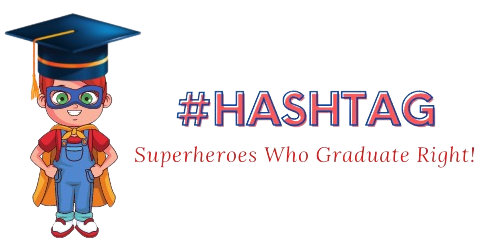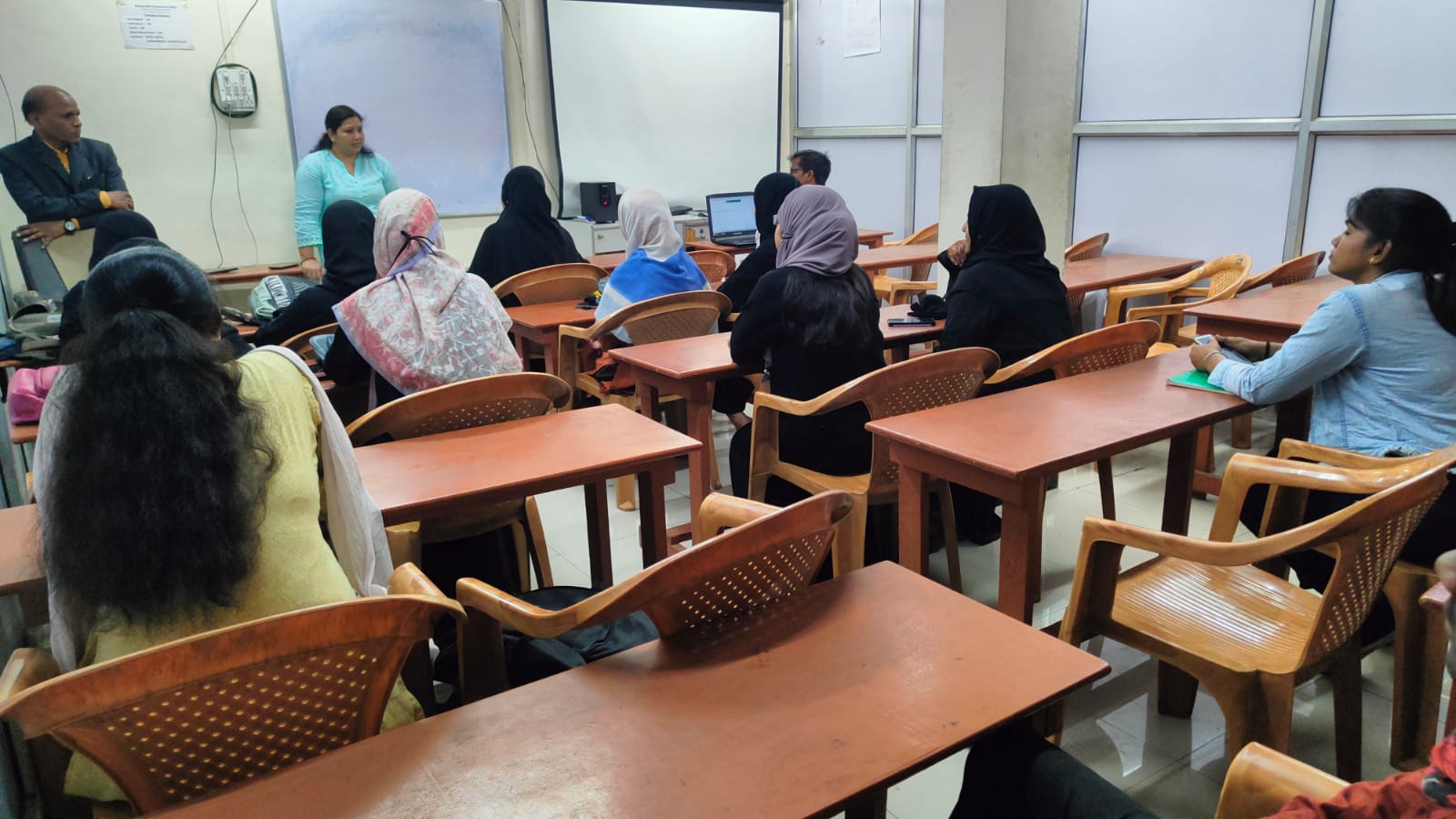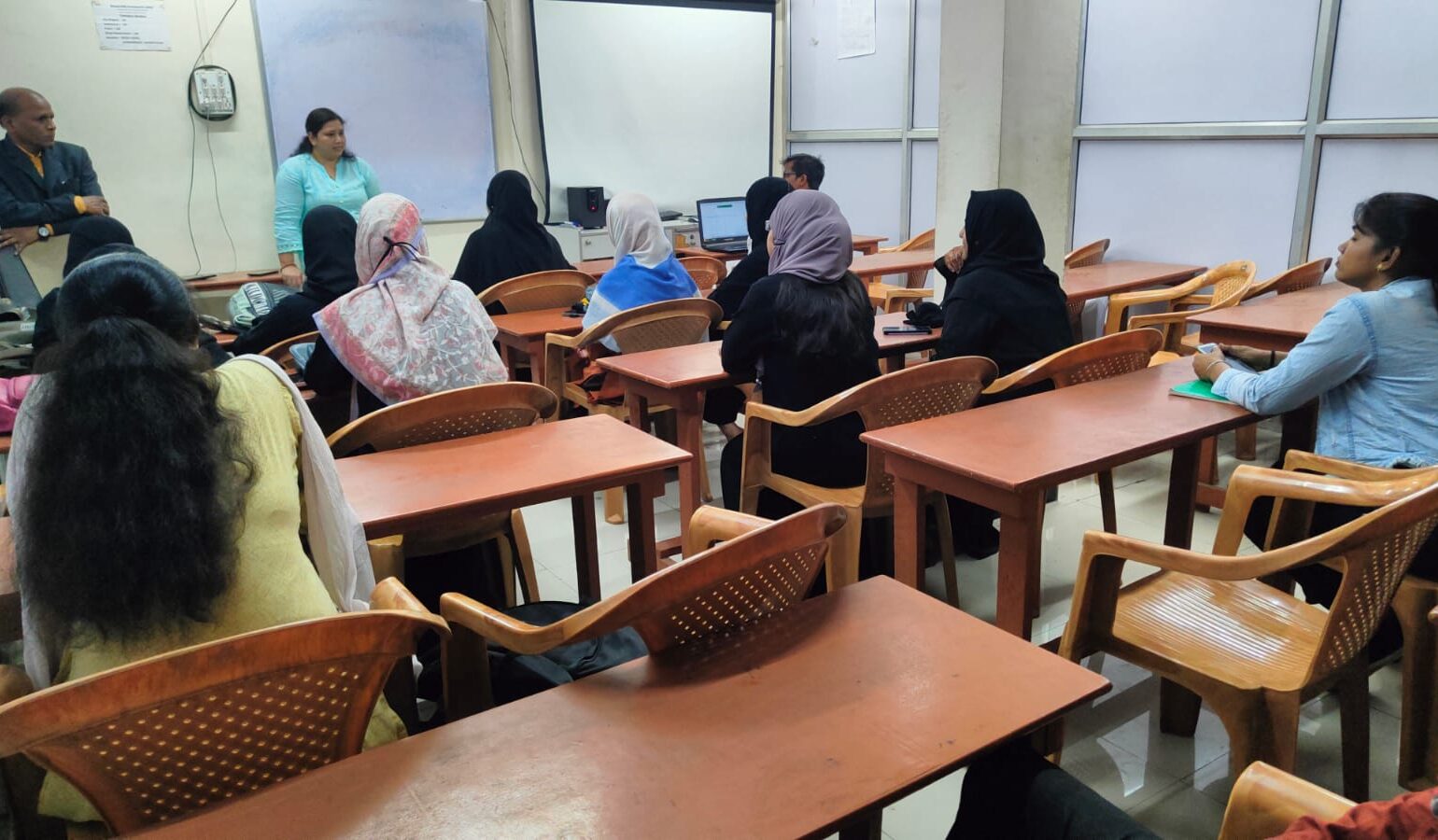After completing high school, students often face the daunting task of choosing their career path. Expert career counseling (12th Grade Career Guidance) becomes pivotal at this juncture.
How to implement:
- Initiate Awareness Programs: Schools and colleges can organize sessions highlighting the importance of career guidance.
- Access Online Resources: Encourage students to explore online platforms offering career assessment tools and information on diverse career paths.
In today’s ever-evolving job market, the importance of career counseling for students cannot be overstated. Navigating the plethora of career options available can be daunting, leading to uncertainty and indecision.
However, with the guidance of experienced career counselors, students can chart a clear path toward a successful future. This blog post aims to delve into the significance of career counseling, its benefits, and how it can empower students to make informed decisions regarding their future.
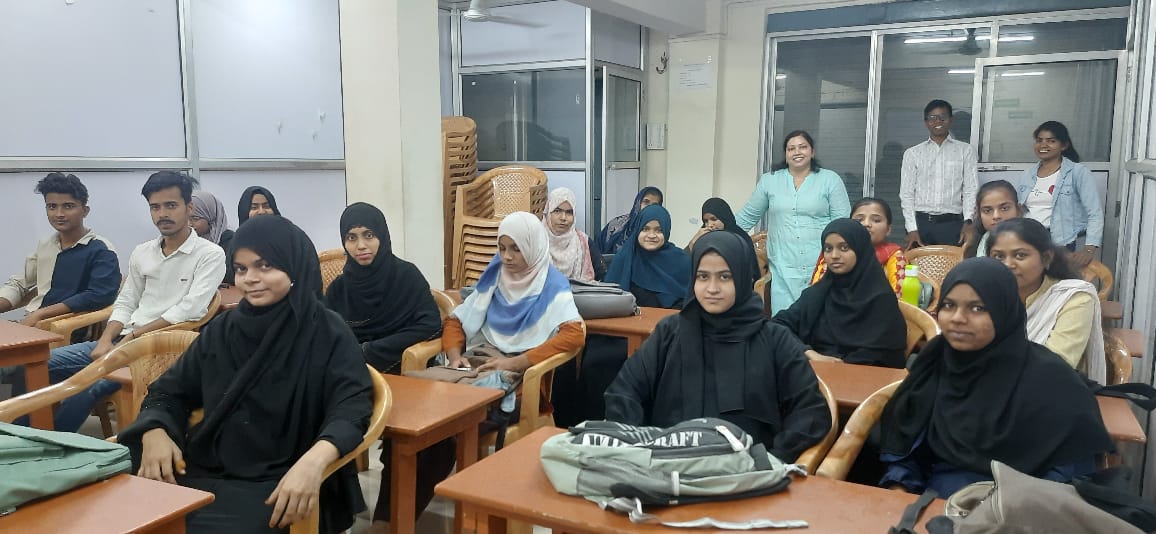
Understanding the Role of Career Counseling
Career counseling serves as a guiding light for students embarking on their professional journey. It’s not merely about choosing a job; rather, it involves introspection, exploring one’s interests, skills, and values. Professional counselors utilize various tools and assessments to help students gain insights into their strengths and preferences. Through individualized sessions, students are encouraged to envision their aspirations, enabling them to align their career choices with their passions.
Moreover, career counselors provide a wealth of information about diverse career paths and the qualifications required for each. By offering personalized advice and resources, they equip students with the knowledge necessary to make informed decisions. Additionally, counselors play a crucial role in addressing concerns or uncertainties, fostering confidence and clarity in students’ minds.
Benefits of Career Counseling for Students
The benefits of career counseling extend far beyond just choosing a career. It instills a sense of purpose and direction, aiding students in setting realistic goals. With the ever-changing job landscape, counselors help individuals stay updated on emerging career trends and job market demands. This proactive approach ensures that students are equipped with relevant skills and knowledge, increasing their employability.
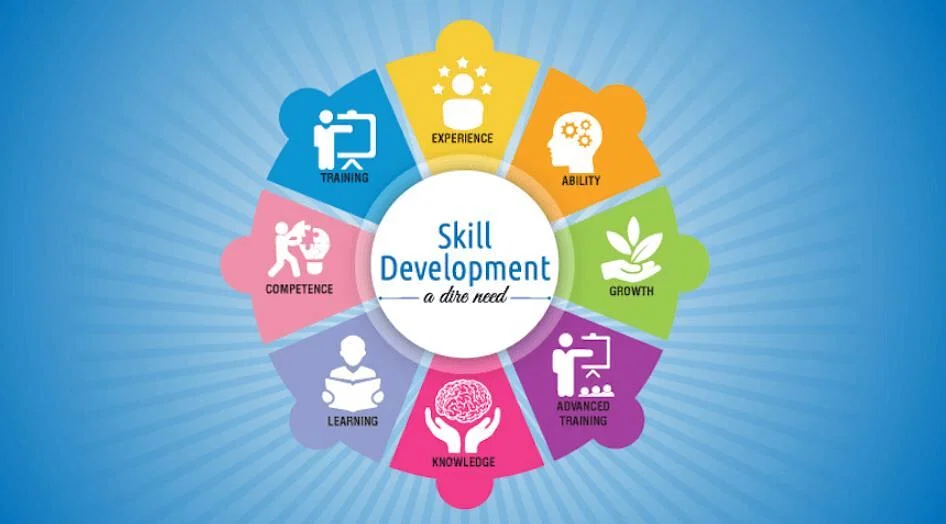
Furthermore, career counseling assists in honing essential skills such as resume building, interview techniques, and networking. These skills are invaluable in today’s competitive job market, giving students a competitive edge. By providing a supportive environment, counselors foster personal and professional growth, nurturing students to realize their full potential.
Assessing Interests and Skills
Understanding one’s interests, strengths, and weaknesses is fundamental in selecting the right career.
How to implement:
- Self-Assessment Tools: Guide students to use personality tests, interest inventories, and skill assessment quizzes.
- Career Counselling Sessions: Organize one-on-one counseling to discuss individual strengths and interests.
Exploring Various Career Options
Expose students to a wide array of career choices across industries and sectors as a part of 12th Grade Career Guidance.
How to implement:
- Career Fairs and Workshops: Arrange events where professionals from different fields share insights.
- Internships and Shadowing: Facilitate opportunities for students to gain hands-on experience.
Higher Education vs. Vocational Training
Compare and contrast traditional academic paths with skill-based vocational training.
How to implement:
- Invite Guest Speakers: Host sessions with representatives from universities and vocational training institutes.
- Provide Information Kits: Distribute materials outlining different educational pathways.

Professional Development and Growth Strategies
Guide students on continuous learning and career advancement strategies.
How to implement:
- Skill Enhancement Workshops: Conduct workshops on resume building, interview skills, and professional networking.
- Mentorship Programs: Establish programs connecting students with industry mentors.
Guidance for Decision-Making
Equip students with decision-making frameworks and resources to aid in making informed choices.
How to implement:
- Counseling Support: Offer ongoing counseling sessions to help students weigh their options.
- Resource Libraries: Create libraries with books and online resources focusing on career decision-making.
Conclusion: Taking the Next Step
Summarize the key takeaways and encourage students to step confidently into their chosen path.
How to implement:
- Capstone Events: Arrange conclaves or events celebrating students’ career decisions.
- Follow-Up Sessions: Organize sessions post-decision to support students’ transition.

The Impact of Career Counseling on Academic Success
One often overlooked aspect is the correlation between career counseling and academic success. When students have a clear vision of their future career paths, they are more motivated and focused on their studies.
12th Grade Career Guidance reduces academic indecision, leading to improved academic performance. Additionally, career counselors can guide students in choosing appropriate academic courses that align with their career goals, optimizing their educational journey.
Moreover, by understanding their strengths and interests early on, students can tailor their educational pursuits toward fields they are passionate about. This alignment minimizes the likelihood of switching majors or career paths, saving both time and resources. Ultimately, the integration of career counseling with academics enhances student satisfaction and overall educational outcomes.

Further Study Topics:
- Techniques for self-assessment: identifying strengths, interests, and values
- Exploring niche career options: Understanding emerging industries and unconventional career paths
- Leveraging technology in career counseling: The role of AI and online platforms in guiding career decisions
Crafting a robust career counseling program for students post-12th grade involves a blend of guidance, resources, and continuous support. By implementing these steps, educational institutions can significantly assist students in making informed career choices for a successful future.
